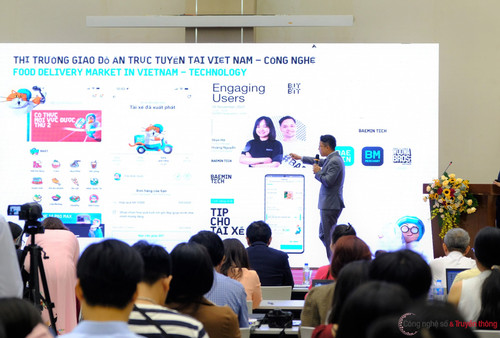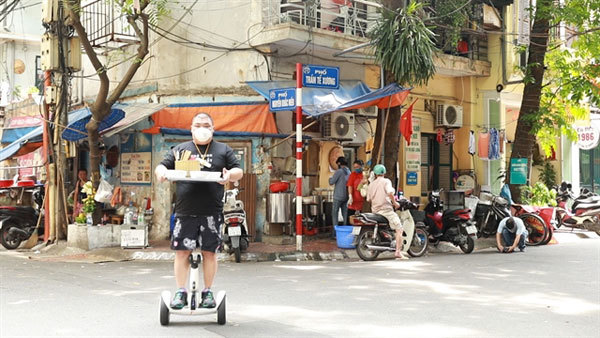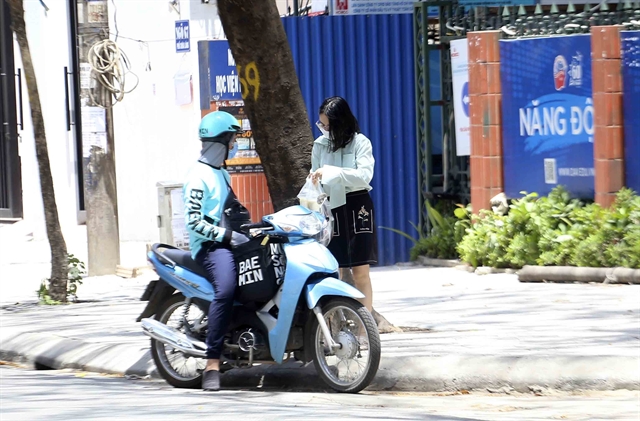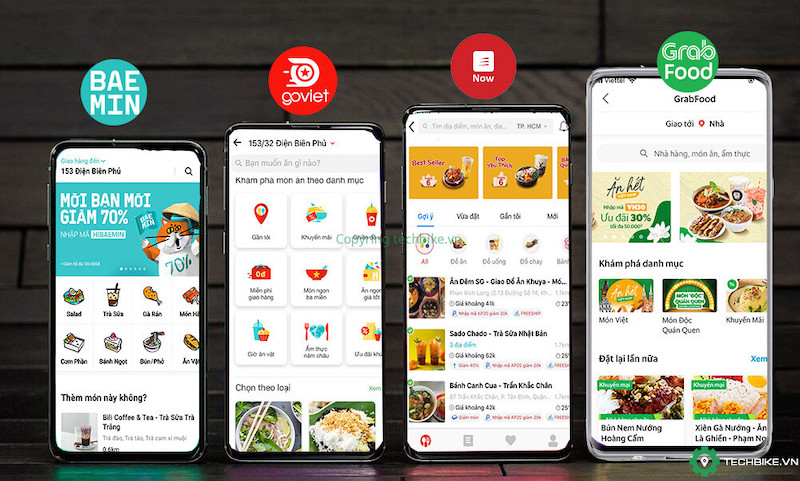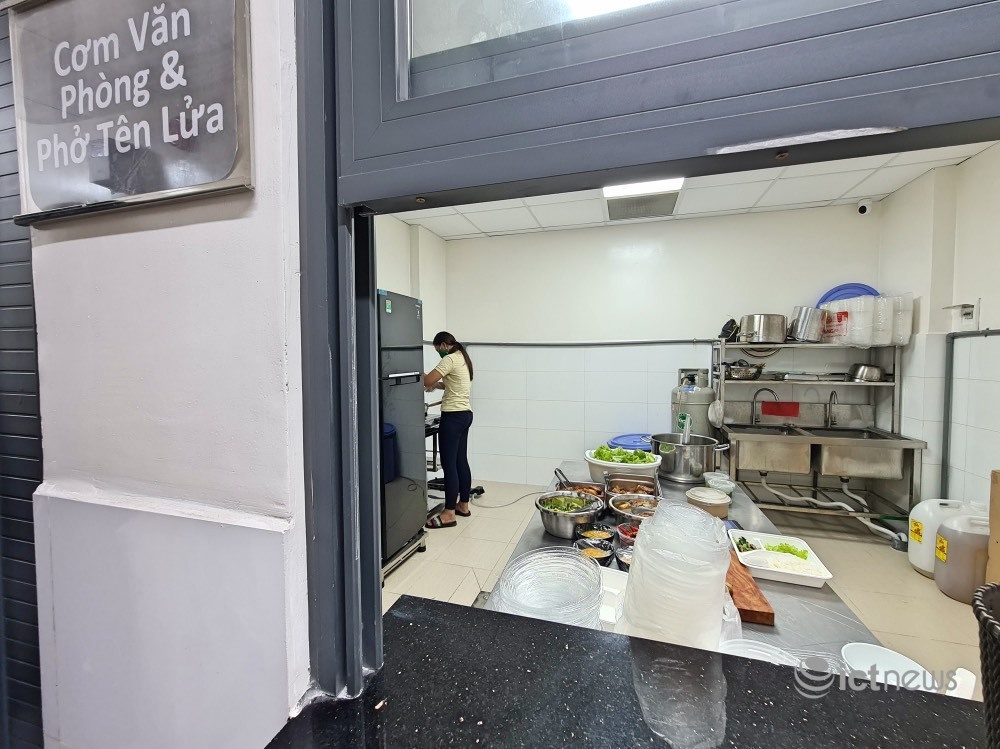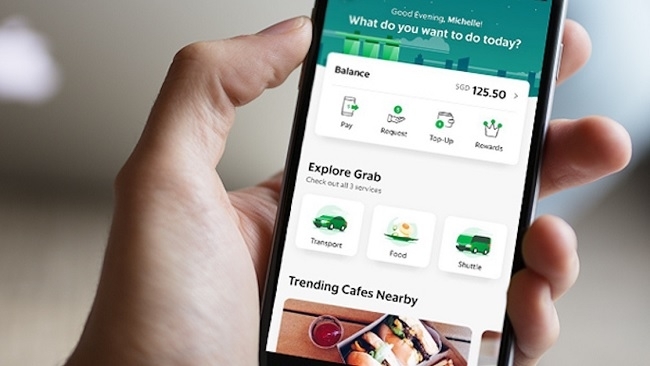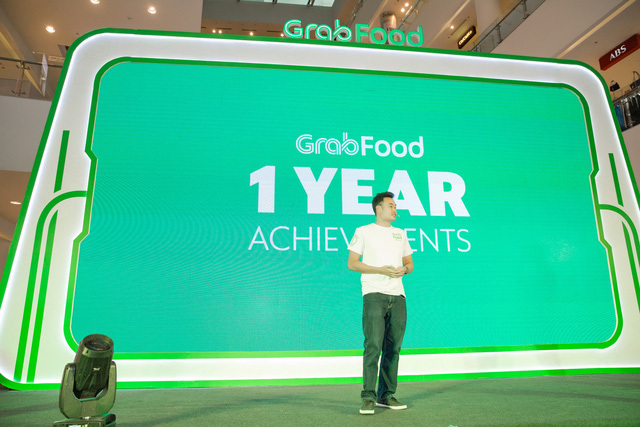- © Copyright of Vietnamnet Global.
- Tel: 024 3772 7988 Fax: (024) 37722734
- Email: [email protected]
food delivery
Update news food delivery
Food-delivery apps need to focus on sustainable growth
By offering many promotions, food delivery apps can quickly gain market share, but they also end up creating unsustainable growth.
Noodle soup shop owner makes deliveries on hoverboard
Keeping customers happy so they come back for more is essential to every service business.
Busy season for delivery drivers during pandemic
Hanoi authorities have taken drastic measures to contain the spread of COVID-19 and since noon on May 25, all restaurants, cafes, and hair salons have been closed, making life busy for delivery drivers.
Pandemic pushes up food-delivery apps' business
The food delivery apps are becoming familiar with Vietnamese people.
'Ghost' restaurants flourish in Ho Chi Minh City
Without tables, chairs or waiters, "ghost" restaurants are flourishing in Vietnam, serving only online customers.
Fast food delivery services compete in $200 million battlefield
Continuously launching promotion programs and promising ‘free shipping’, fast food delivery apps have been trying every possible means to win customers’ hearts.
Coronavirus: Food delivery driver paying back doctors who saved him
Having survived cancer, one delivery rider in China is helping keep medical staff fed during the pandemic.
Don't go hungry during the COVID-19 pandemic
 The pandemic may be keeping you at home but you can always treat yourself with a wide range of delicacies delivered right to your front door.
The pandemic may be keeping you at home but you can always treat yourself with a wide range of delicacies delivered right to your front door.
Forwarding industry competition heats up
 Forwarding firms have been expanding their networks through franchise contracts.
Forwarding firms have been expanding their networks through franchise contracts.
Delivery drivers take their chances outdoors to cash in
 Most of the streets he passes are empty as citizens practise social distancing to fight the COVID-19 pandemic, but for a delivery driver like Nguyen Van Thang, being outside is a must.
Most of the streets he passes are empty as citizens practise social distancing to fight the COVID-19 pandemic, but for a delivery driver like Nguyen Van Thang, being outside is a must.
‘Super-app’ race gets scorching hot
 Go-Viet is speeding up, 'Be' has launched more services, and MoMo has expressed its intention to join the race, while Grab has a new strategy.
Go-Viet is speeding up, 'Be' has launched more services, and MoMo has expressed its intention to join the race, while Grab has a new strategy.
Vietnam food delivery market is battlefield for four Asian unicorns
 SEA and Grab from Singapore, Woowa Brothers from South Korea and Go-Jek from Indonesia are fighting for market share.
SEA and Grab from Singapore, Woowa Brothers from South Korea and Go-Jek from Indonesia are fighting for market share.
Online food ordering market in Vietnam heats up
In the fierce competition in the online food ordering market, worth $33 million as estimated by Euromonitor, players need to have good technology but also many delivery people to win.
Vietnam’s $33 billion digital economy attracting big players
VietNamNet Bridge - Vietnam’s digital economy is promising, with value expected to reach $33 billion by 2025, according to the e-Conomy SEA 2018 Report released by Google and Temasek.
The battle in the food delivery market still hot
VietNamNet Bridge - Analysts believe that food is now the most cutthroat segment in O2O (online to offline) business with big players such as GrabFood, Now and Lala.
Food delivery service market heats up
VietNamNet Bridge - The online food ordering market is estimated to have value of $38 million by 2020. However, though the market is vast, it is not easy to squeeze into it.
